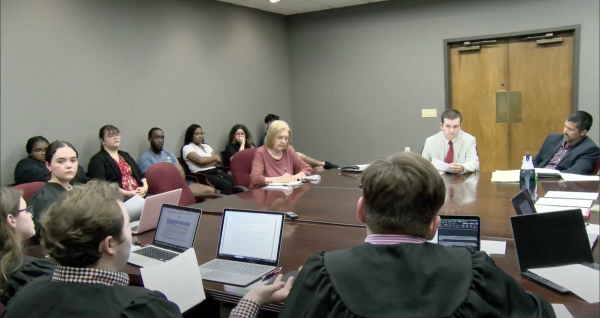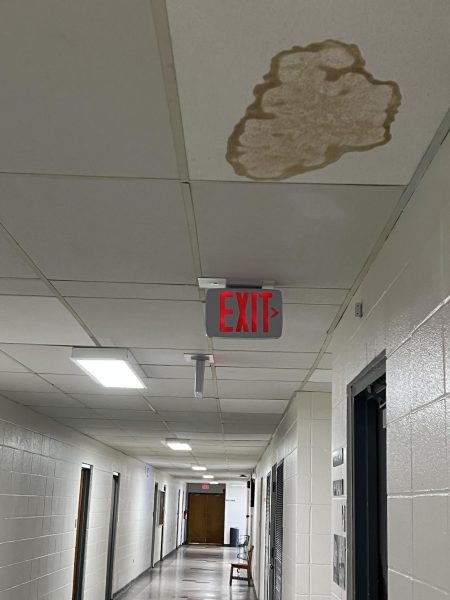Higher education should be treated as a priority
Politicians, opinion makers and pretty much everybody else have voiced their opinions about the budget cuts to higher education in the past few weeks.
The discussions about viable solutions to the actual crisis basically go in two directions. The options would be to either pass Gov. John Bel Edwards’ plan, which includes actions of the state legislature such as taxes increases, or to reject it and oblige the state government to cut expenditure to cover the unbalanced budget left by the previous state administration.
One thing is certain. There is no easy way out of this mess. One option puts the burden directly on the shoulders of people in Louisiana, while the other will most likely deeply impact the higher education system. The truth is that, either way, the citizens will end up being the ones to pay for a problem they did not create.
On one side, choosing to pass the tax increase could only result in significant revenue in the long term and that might not be enough to cover the deficit if the state’s budget remains unbalanced. On the other hand, cutting the government spending would most likely will result in a cut bigger than the universities could bear.
Louisiana has a history of decreasing investments in higher education on a yearly basis. Taxpayers’ contribution that once funded 60 percent of the funding for public colleges and universities now hardly provides a quarter of it. Another issue is that higher education is not protected by Louisiana’s constitution in any way, so this is one of the first sectors to suffer cuts in a downturn.
Some offbeat attempts to explain how we got into this situation have emerged due to the recent crisis. Does Louisiana have too many universities and the state cannot fund them all? Has the cost of higher education increased unreasonably? Is the state providing too many scholarships? Although there are no simple answers to these questions, in the end, it all comes down to priorities, and as it seems, education has never been a priority in policy making in our state.
The problem is that the lack of investments in education is directly related to core problems in our society. The administrative incompetence caused the offset of education funding to balance the state budget, which consequently caused minimal state investments in education and created a faulty system that is inefficient to create an environment that will enable the economic and social advancement of the population in general.
Unfortunately, higher education is now, more than ever, being placed on the back burner. The impact of this recent crisis will first and foremost harm the low-income population. A large part of the population in Louisiana already doesn’t have access to a quality public education and it will only get worse. If the cuts result in a decrease of scholarships and the suspension of TOPS, a significant amount of students currently in the University may not be able to conclude their courses and obtain their degrees.
Another issue is the poor remuneration and overload that professors in the public system have to deal with. Previous cuts already affect the number of professors that a department can afford to hire. It results in heavier workload, unsatisfactory salaries and career plans, job insecurity and the lack of infrastructure, technologies and educational tools, which can result in a decrease in the quality of the classes.
Education is the answer for a fairer society. Its importance goes beyond increasing individual income. Education can impact people’s lives in several different ways. It promotes social, economic and cultural development. A good education can also help diminish inequality and violence. With access to education, people can guarantee their access to other basic rights and it would allow the general public make conscious decisions, increasing the general participation in democratic process.
The future of higher education in Louisiana is now in the hands of the members in the special legislative section. Hopefully, higher education is treated as a priority, whatever happens to be their decisions. If Louisiana does not find a solution to not only afford, but to increase investments in higher education, the people can expect to have a low-quality education and all the consequences associated to it.












![Nicholls Garrett Felix [#6] advances to first base after drawing a walk against Louisiana on April 2.](https://thenichollsworth.com/wp-content/uploads/2024/04/FelixWalk-at-UL-600x400.jpg)
